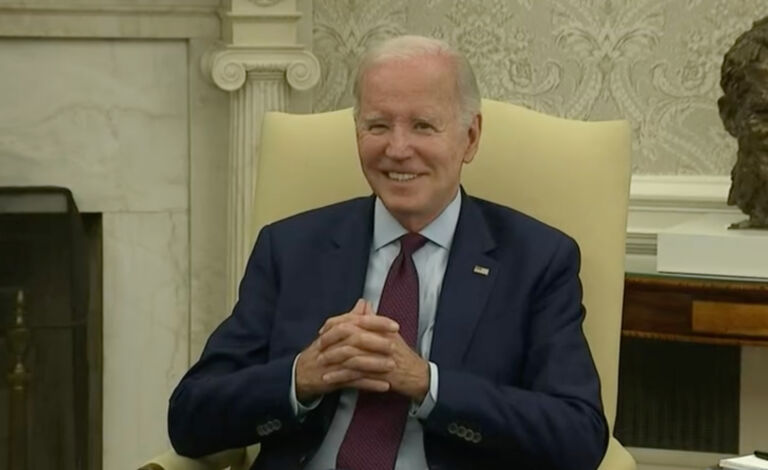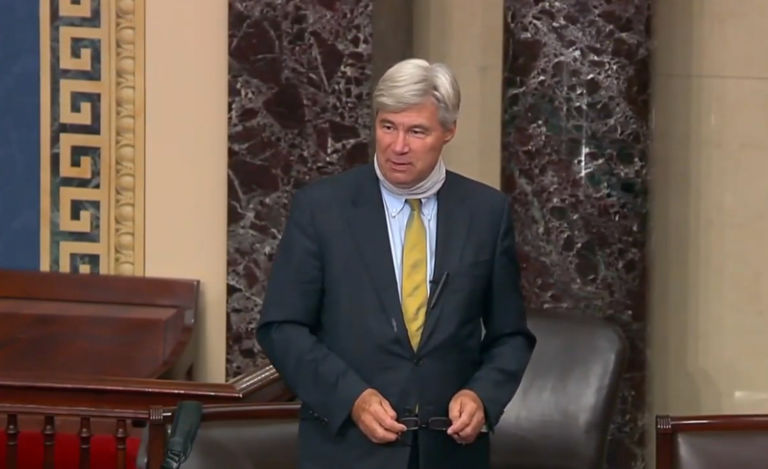At a recent work session, supporters of High Point’s proposed downtown baseball stadium officially pitched the idea to the Guilford County Board of Commissioners, who would have to approve the city’s tax increment financing plan to fund the stadium.
Commissioners expressed a healthy skepticism:
Republican Board Chairman Jeff Phillips of Greensboro and Vice Chairman Alan Branson of Julian said they aren’t sure the board can vote at its next meeting Sept. 7 to relinquish part of its future county property tax revenue to help pay for the project designed to revitalize the core city.
The city is asking the county to relinquish tax revenue for an area around the stadium for a set number of years to help the city pay for the stadium, which would be anchored by an Atlantic League professional baseball league team and perhaps for a minor league soccer team.
Phillips told High Point leaders who packed a meeting room that he appreciates the passion expressed by the city for the stadium proposal. But he rejected pointedly one argument made by city leaders — that the county has nothing to lose because it would only give up future revenue, not current property tax proceeds.
Phillips forcefully told city officials that the county’s reputation and political capital are on the line with the success of the stadium and spin-off development around it. He said the commissioners want more details on the funding approach and its potential impact on the county.
Commissioner Justin Conrad–a Republican–as well as Democrat Commissioners Carolyn Coleman and Kay Cashion questioned why a bond referendum was not in the works to fund the stadium, to which High Point City Manager Craig Demko replied that the referendum process would compromise the project’s timeline. No doubt Demko knows what many people know–if the stadium was put to a vote, it would fail.
Interesting as well that High Point University president Nido Qubein–who is in charge of raising $38 million toward private development surrounding the stadium– told commissioners “federal government spends trillions of dollars each year, but doesn’t have direct votes of citizens on those projects,” adding voters will hold their representatives accountable at the polls for their decisions, funding and otherwise.
That will very likely be the case as High Point heads into its municipal elections come November.


